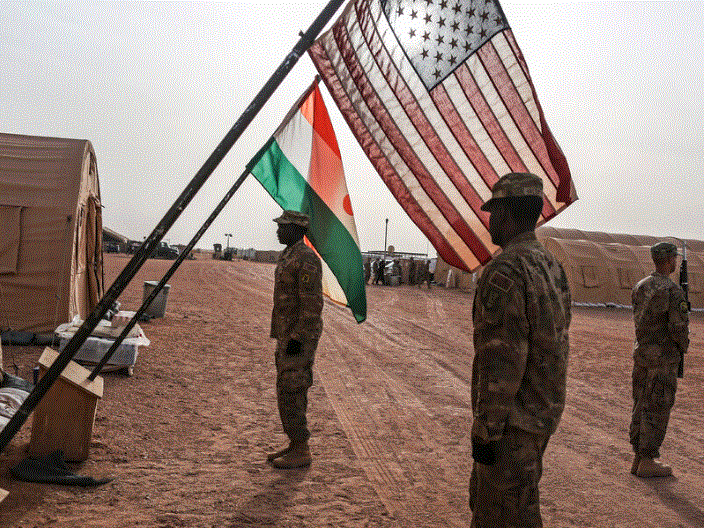In a significant diplomatic move, the United States has dispatched a delegation to Niger to commence face-to-face negotiations with officials in Niamey regarding the withdrawal of over 1,000 American personnel from the military-ruled country. This decision marks a pivotal moment in the relationship between the two nations, with implications for regional security and counter-terrorism efforts.
Leading the American delegation are U.S. Ambassador to Niger Kathleen FitzGibbon and Major General Ken Ekman, a senior military officer representing U.S. Africa Command. Their mission is to engage in discussions with representatives of Niger’s ruling government to initiate talks on the orderly and responsible withdrawal of U.S. forces. The meeting is scheduled to take place on April 25, signaling the urgency and seriousness with which both parties are approaching the negotiations.
Niger has long served as a crucial base for regional counter-terrorism operations, playing a pivotal role in efforts to combat extremist groups in the Sahel region. However, the political landscape shifted dramatically last year when a military junta ousted the country’s president. The junta’s decision in March to terminate a military cooperation agreement with Washington added further complexity to the situation.
The withdrawal of U.S. forces from Niger carries significant implications for regional stability and security. It raises questions about the future of counter-terrorism efforts in the Sahel and the impact on neighboring countries grappling with similar security challenges. Additionally, it underscores broader concerns about the stability of military-ruled governments and their relationship with international partners.
As negotiations unfold, both the United States and Niger face complex decisions regarding the withdrawal process. Balancing the imperative of safeguarding regional security with respect for Niger’s sovereignty and political autonomy will be paramount. The outcome of these talks will not only shape the future of U.S.-Niger relations but also have far-reaching implications for the broader geopolitical landscape in the Sahel region.







